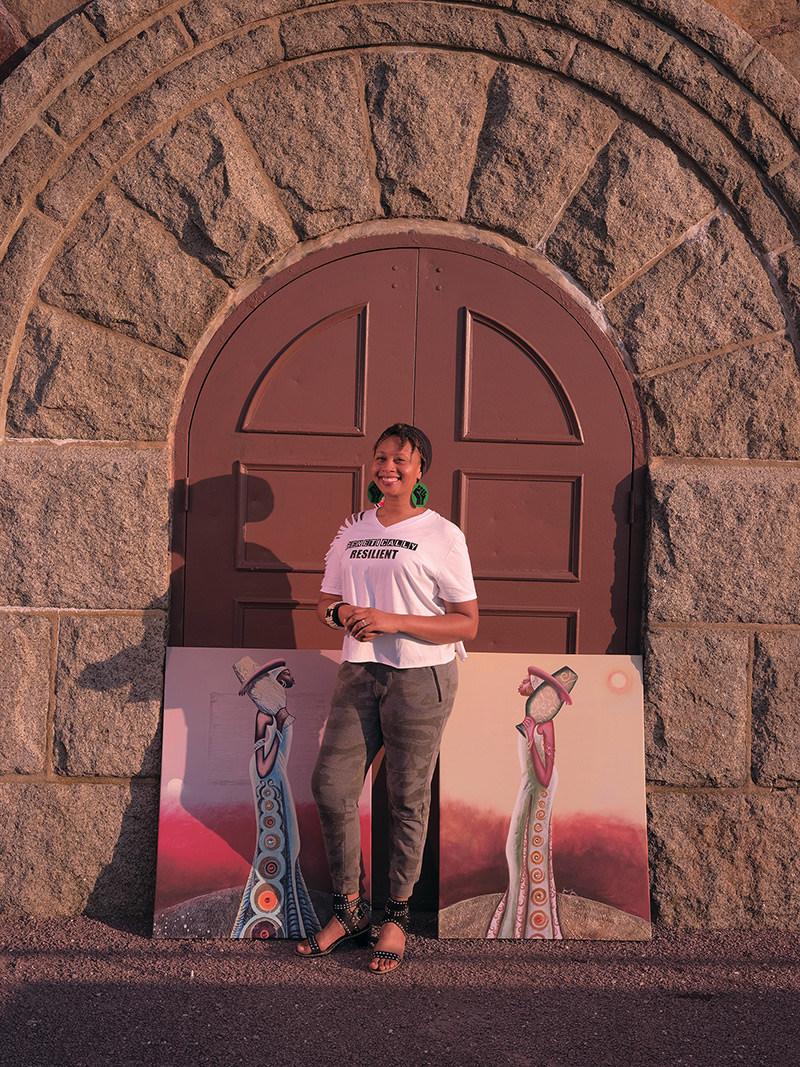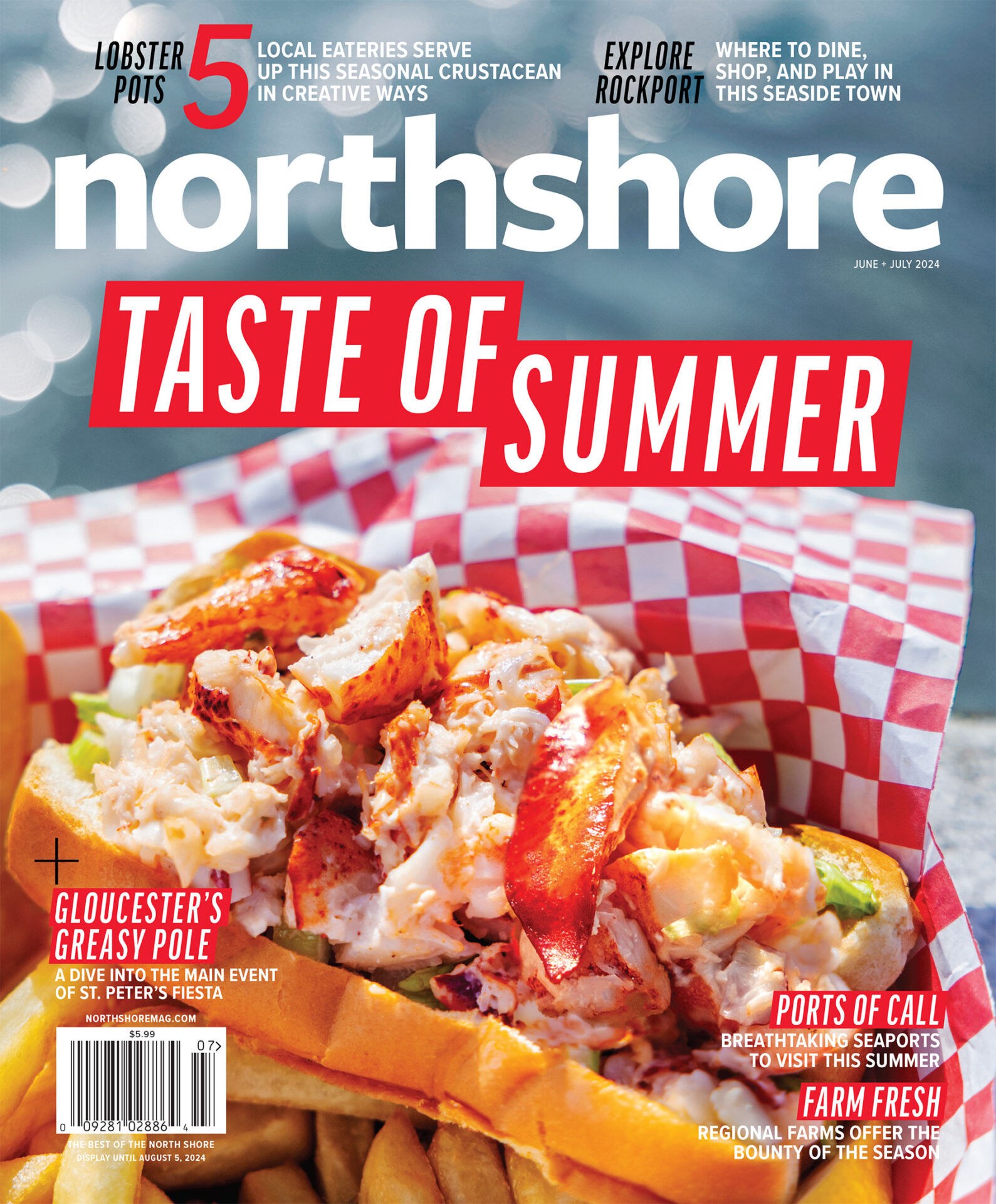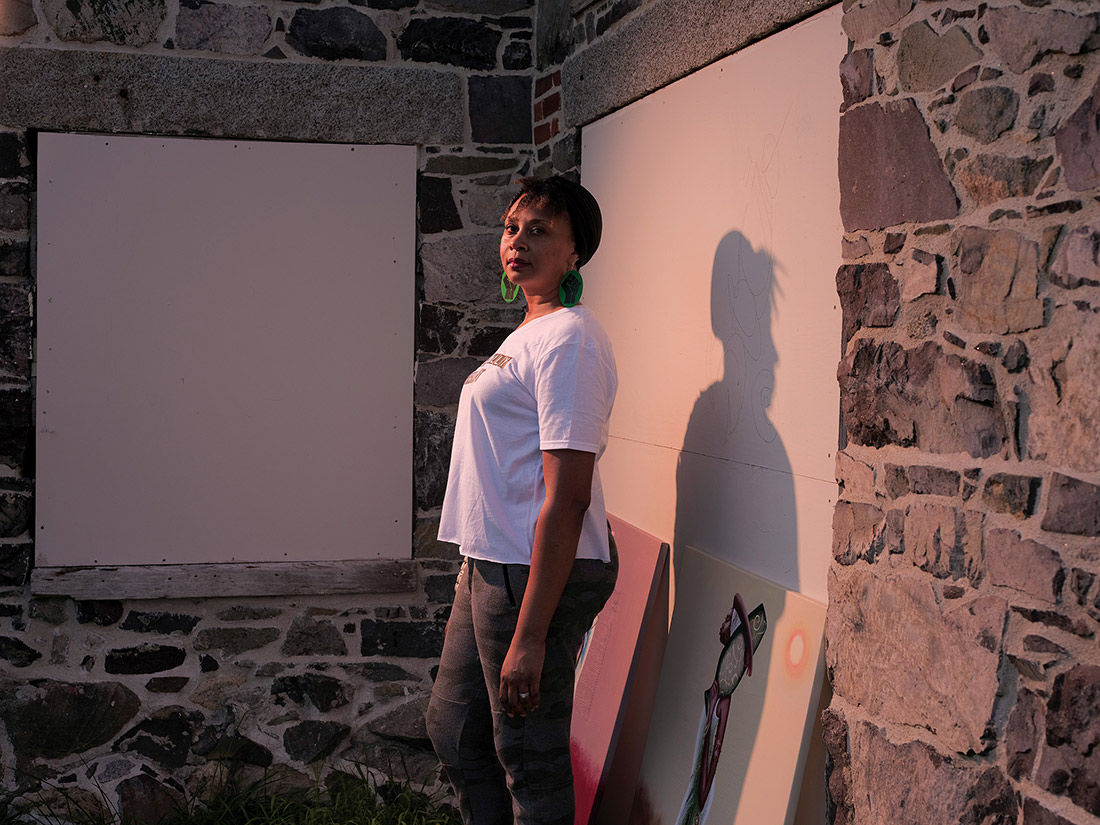Strength and resilience are valuable personal traits, but Vick Breedy knows that women’s constant emphasis on strength and putting others’ needs before their own—and maybe even ignoring their own—can come at a cost.
“A lot of Black women are closed to really making themselves vulnerable,” says the Lynn-based author, entrepreneur, and self-care advocate.
That’s why Breedy has made it her mission to help women understand that caring for others and caring for themselves aren’t mutually exclusive. In fact, one cannot exist without the other.
“I can recognize my strengths, but I know I need to take care of myself,” she says. “Without that balance it all falls apart.”
Like many women, Breedy (which is a pen name; her real name is Shontae Howe) is intimately familiar with the caregiver role. She’s a mom, a former social worker, a case manager for people with rare diseases, and a volunteer. But a series of events, starting with the end of her marriage, prompted her to reprioritize her own needs, allowing her to cultivate beauty and strength from adversity.
“It’s almost like pain was the catalyst,” she says. “I took a divorce and remixed it and created a new person. I was no longer a wife, I was no longer married, and I recreated a piece of myself…Vick Breedy is all about inspiriting people to take care of themselves and do more.”
Her wide-ranging work—which includes writing books, producing an apparel line called “Genetically Resilient,” and spearheading a self-care movement and community called “Selfish Women’s Group”—transforms ideas that are often loaded with negative connotations into mantras that comfortably co-exist with and even enhance resilience and empowerment.

“My mission is to inspire, encourage, and support people to practice self-care and overcome adversity to be resilient,” she says.
First there’s Bitter, a novel that bloomed from divorce, as well as its two sequels, Still Bitter and Bitter Family Secrets. “I wrote Bitter while I was going through a divorce and it was kind of like my therapy,” she says. “I took my emotions and made characters out of them.”
Although the word “bitter” has a negative connotation, Breedy says hers aren’t negative books; quite the opposite. “It’s not about being bitter,” she says. “It’s about not being bitter and what happens to you when you’re bitter.”
She’s also written two additional novels, Stereotyped and the brand-new Selfish Women’s Group.
Genetically Resilient Apparel was also born from adversity. While caring for her grandmother—for whom she was healthcare proxy—during and after an unexpected illness, Breedy found herself marveling at her grandmother’s strength. That strength seemed to be an inherited trait, passed down from Breedy’s grandmother to Breedy herself.
“We are so resilient,” Breedy reflected, and the Genetically Resilient Apparel line, which includes products like hats, t-shirts, sweatshirts, bags, onesies, and now, face masks, was launched. She also hosts a Genetically Resilient Experience Gala each year where guest speakers share stories about how they’ve overcome adversity, and Breedy presents people in the community with the “Bounce Back Magic” award.
“Bounce Back Magic is being genetically resilient and overcoming adversity,” she says.
Breedy’s experience with divorce and her grandmother’s illness didn’t just spawn books and clothing, though. It also made Breedy realize that she was overwhelmed.
“I needed a group, and I didn’t see a group out there,” she says. “I was on autopilot, working full time, a mom, and the healthcare proxy for my grandmother.” The solution was to create such a group, not only for herself, but for others. “Let’s create a space for women to practice self-care and let’s do it for free,” she says.
Breedy’s “Selfish Women’s Group” also turns a traditionally negative trait—selfishness—on its head with a knowing wink by offering a safe space for women to learn about and practice self-care.
“A lot of them come into the group with guilt, thinking that putting yourself first is selfish,” she says. “That’s why I named it ‘Selfish Women’s Group,’ to take some of the power away from that being a derogatory term.”
The three-hour “Selfish Women’s Group” sessions bring women together—typically in person, but online during COVID-19—with facilitators who are therapists and experts in fitness and nutrition. The sessions are dynamic and educational but start off with quiet intentionality: Listening to the song “Mirror” by Lalah Hathaway.
“I tell everybody that you’re probably going to be really uncomfortable; I’m going to force you to press pause, and this may be the only point in your day where you’re going to do it or you’ve done it,” Breedy says. “They have to do nothing—put their phones down just be still.”
It may take a couple of minutes, hours, or even a couple of sessions for women to get comfortable with the idea of self-care. But starting, even just by listening to a four-minute song at home, is the most important thing, says Breedy.
“If that’s the only thing they do throughout their day that’s stopping, if that’s their little moment of self-care, then start there,” she says.
For women, taking care of themselves isn’t always easy and it doesn’t always come naturally, but it’s always necessary.
“You’ve got to practice self-care every day,” Breedy says. “Because you will fall apart if you give it all away to somebody else.”
Contact vickbreedy.com.

